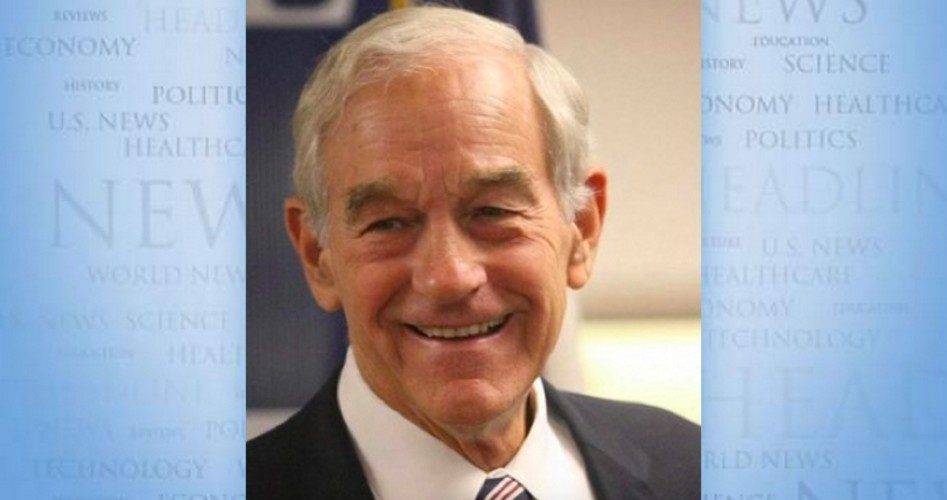
In her recent address at the Jackson Hole monetary policy conference, Federal Reserve Chair Janet Yellen suggested that the Federal Reserve would raise interest rates by the end of the year. Markets reacted favorably to Yellen’s suggested rate increase. This is surprising, as, except for one small increase last year, the Federal Reserve has not followed through on the numerous suggestions of rate increases that Yellen and other Fed officials have made over the past several years.
Much more significant than Yellen’s latest suggestion of a rate increase was her call for the Fed to think outside the box in developing responses to the next financial crisis. One of the outside the box ideas suggested by Yellen is increasing the Fed’s ability to intervene in markets by purchasing assets of private companies. Yellen also mentioned that the Fed could modify its inflation target.
Increasing the Federal Reserve’s ability to purchase private assets will negatively impact economic growth and consumers’ well-being. This is because the Fed will use this power to keep failing companies alive, thus preventing the companies’ assets from being used to produce a good or service more highly valued by consumers.
Investors may seek out companies whose assets have been purchased by the Federal Reserve, since it is likely that Congress and federal regulators would treat these companies as “too big to fail.” Federal Reserve ownership of private companies could also strengthen the movement to force businesses to base their decisions on political, rather than economic, considerations.
Yellen’s suggestion of modifying the Fed’s inflation target means that the Fed would increase the inflation tax just when Americans are trying to cope with a major recession or even a depression. The inflation tax is the most insidious of all taxes because it is both hidden and regressive.
The failure of the Federal Reserve’s eight-year spree of money creation via quantitative easing and historically low interest rates to reflate the bubble economy suggests that the fiat currency system may soon be coming to an end. Yellen’s outside the box proposals will only hasten that collapse.
The collapse of the fiat system will not only cause a major economic crisis, but also the collapse of the welfare-warfare state. Yet, Congress not only refuses to consider meaningful spending cuts, it will not even pass legislation to audit the Fed.
Passing Audit the Fed would allow the American people to know the full truth about the Federal Reserve’s conduct of monetary policy, including the complete details of the Fed’s plans to respond to the next economic crash. An audit will also likely uncover some very interesting details regarding the Federal Reserve’s dealings with foreign central banks.
The large number of Americans embracing authoritarianism — whether of the left or right wing variety — is a sign of mass discontent with the current system. There is a great danger that, as the economic situation worsens, there will be an increase in violence and growing restrictions on liberty. However, public discontent also presents a great opportunity for those who understand free-market economics to show our fellow citizens that our problems are not caused by immigrants, imports, or the one percent, but by the Federal Reserve.
Politicians will never restore sound money or limited government unless forced to do so by either an economic crisis or a shift in public option. It is up to us who know the truth to make sure the welfare-warfare state and the system of fiat money ends because the people have demanded it, not because a crisis left Congress with no other choice.
Ron Paul is a former U.S. congressman from Texas. This article originally appeared at the Ron Paul Institute for Peace and Prosperity and is reprinted here with permission.



